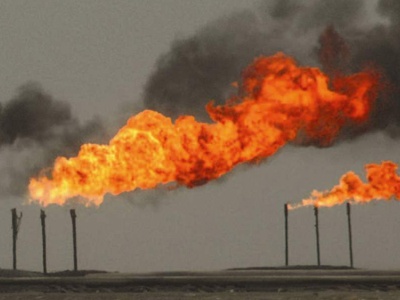“Perfect is the enemy of the good.”
— Voltaire [Dictionnaire Philosophique — 1764]

Yesterday’s news from the Gulf was better than it has been: BP has begun to make consequential strides at plugging the deep-water oil leak. Since the explosion, we’ve seen dramatic responses from the left (no more oil and gas exploration), the right (the spill’s impact is exaggerated) and BP (well, very little at the beginning).
Energy security is something essentially all politicians and consumers agree on: we want cheap and plentiful products from sources that do no threaten our safety, and for some, our world order. Amazingly, the Deepwater Horizon spill has had no impact on the public’s perception of global warming as a legitimate direct threat to their lives. So, I suppose you can drill yet another hole into the conventional logic that environmental tragedy causes material behavioral change.
So, what can we learn from the Gulf’s horrific spring and summer about energy investment?
Natural gas still matters. With an emissions factor of nearly 30% less than oil and 45% less than coal and plentiful reserves, natural gas (or simply “gas”) as it is known in the industry, will play a significant role in reducing the world’s and particularly the United States’ carbon intensity. Yes, gas, which is mainly methane, is indeed a fossil fuel. It is not as clean or renewable as wind or PV cells. However, the global reserves of natural gas are vast (the Americas alone are stocked) and many analysts believe natural gas will trump coal as the primary source of electricity in the short run.
So,while the prevailing policy and investment trends may be to jettison oil and gas bets, plug-in hybrids and wind farms will only get us so far.
Oklahoma-based Devon Energy, a diversified energy firm, sold off of all its deep-water oil and gas assets prior to the BP disaster and began a strategic operational focus on gas. Devon’s share price (currently at $61.57) has essentially moved with the market recently, but many believe the company is undervalued with a very strong balance sheet. Could Devon be a bellwether for a US economy with increasing emphasis on natural gas consumption?
Many of us who observe trends in the TBL world all want to believe that technology will save us from ourselves with respect to energy. But perhaps additional investment in a tried and true formula — gas — and more commercial applications of the fuel in transportation and buildings — can be a good, though not perfect way of dealing with carbon emissions AND energy security in the short to medium run.





